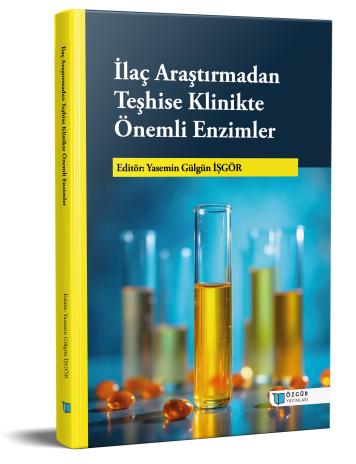
Phenylketonuria Enzyme-Based Diagnostic Approaches and Nutritional Therapy
Chapter from the book:
İşgör,
Y.
G.
(ed.)
2025.
Clinically Important Enzymes from Drug Research to Diagnosis.
Synopsis
Phenylketonuria (PKU) is an inherited metabolic disease characterized by impaired conversion of phenylalanine to tyrosine metabolism due to phenylalanine hydroxylase (PAH) deficiency. This chapter reviews enzyme-based methods used in the diagnosis of PKU and nutritional therapies used in its treatment. These methods include PAH activity measurements, phenylalanine/tyrosine level determination, genetic/molecular analyses, and BH4 sensitivity testing. These approaches offer high specificity and early diagnosis, enabling timely initiation of treatment. Technologies such as MS/MS and HPLC in newborn screening programs play a critical role in early disease detection and enable regular monitoring of biochemical parameters. Enzyme-based diagnostic methods, such as regular monitoring of phenylalanine/tyrosine levels and genetic/molecular analyses, not only facilitate early diagnosis but also provide essential data for the development of personalized nutrition therapy plans and the effective management of Phe levels. The fundamental approach to nutritional therapy is personalized diet plans containing low phenylalanine. The diet should be adjusted according to the patient's age and Phe levels, and vitamin, mineral, and long-chain fatty acid requirements should be met with Phe-free protein substitutes. Dietary management is particularly critical during pregnancy and lactation, and close monitoring of Phe levels and the use of appropriate protein substitutes are recommended. Successful PKU treatment depends not only on controlling biochemical parameters but also on family education, social support, and ensuring compliance with treatment. Consequently, effective management of PKU requires a multidisciplinary approach, the application of advanced diagnostic methods, individualized nutritional strategies, and ongoing monitoring. While enzyme-based diagnostic methods enable early diagnosis, nutritional therapy plays a central role in maintaining patients' neurological and physiological health.

